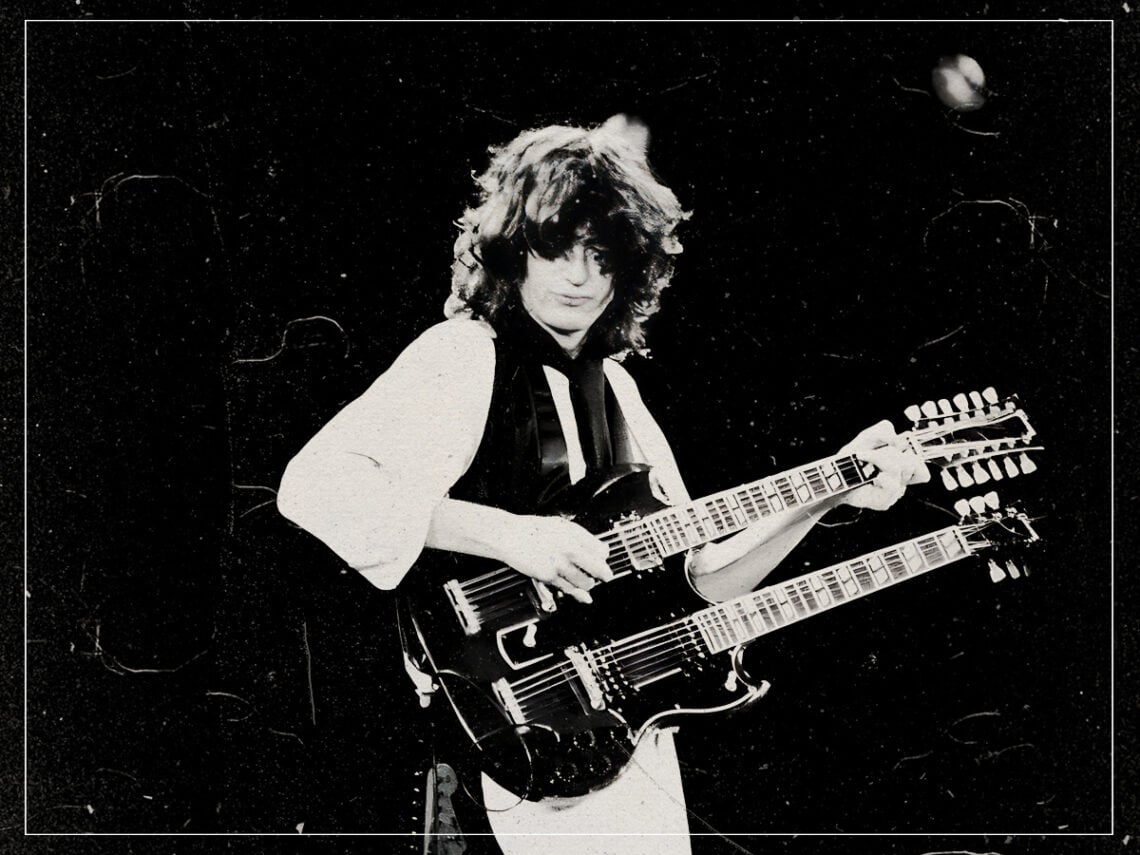It’s every artist’s dream to have the kind of sound that is only indicative to them. As much as it might be fun trying to make songs that work as pastiches of other genres, having an identifiable thumbprint that makes people know it’s you in just a few notes is a trademark that is impossible to put into words. While Jimmy Page may have changed his approach more than a few times, he admitted that Pink Floyd had one of the true originals of rock and roll in their ranks.
For the first half of Page’s career, he was already establishing a unique sound whenever he worked on various sessions in the English studio scene. Before he had even gotten the job working with The Yardbirds, Page was always the guy to go to if you were looking for a guitar tone that sounded much meaner than what was coming out of the usual pop-rock of the day.
While Page already had a few classic songs under his belt when he replaced Eric Clapton in The Yardbirds, he was just getting started. From the beginning of the song ‘Heart Full of Soul’, Page was practically ushering the band into the age of psychedelic rock and roll, featuring his gritty guitar tone and signature riff that felt as if the blues had been dipped in acid.
Whereas Page gave hard rock a psychedelic makeover, artists like Pink Floyd were born and bred to make music that didn’t sound like typical rock. Although songs like ‘See Emily Play’ had worked as enjoyable pop songs, Syd Barrett was looking to expand the palette of traditional rock and roll on The Piper at the Gates of Dawn.
Featuring songs that juggled zaniness, psychedelia, and the occasional cacophonous noise, Barrett had his own touch on guitar that no one had heard of before. Before David Gilmour had even been considered as part of Pink Floyd, the kind of chaotic guitar playing Barrett was known for felt closer to the ramshackle sounds that would come to identify punk rock just a few years later.
Even though Floyd would go on to bigger and better things, it would have to be without Barrett in their ranks. After having one too many experiences with psychedelics, Barrett started to lose himself, becoming more desensitised to his surroundings and having to be let go after he started to lose the battle within his head.
When talking about the band after the fact, Page thought that there was no one who could have replaced Barrett, telling Brad Tolinski, “Syd Barrett’s writing with the early Pink Floyd was inspirational. Nothing sounded like Barrett before Pink Floyd’s first album. There were so many ideas and so many positive statements. You can really feel the genius there, and it was tragic that he fell apart”.
Then again, Floyd never tried to get a Barrett clone once he left. Drafting in Gilmour for a handful of gigs with Barrett, the band figured they could carve out their own way without their old bandmate, making progressive rock that served as a reflection of their feelings about losing their old friend on albums like Wish You Were Here. Pink Floyd may have reached the greatest heights imaginable after Barrett left, but it would always be bittersweet thinking about what they could have achieved had he been able to get the help he needed.

